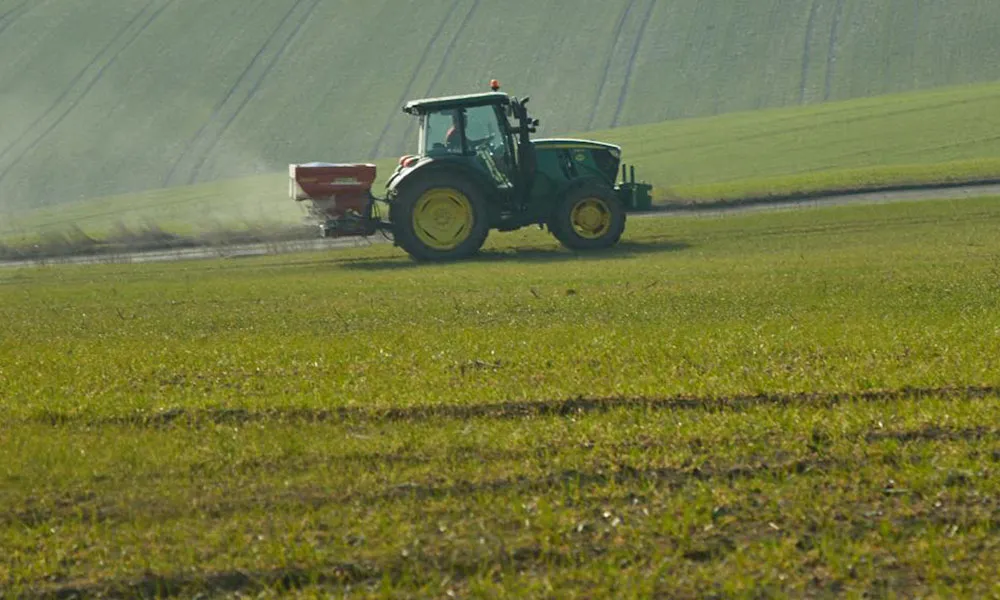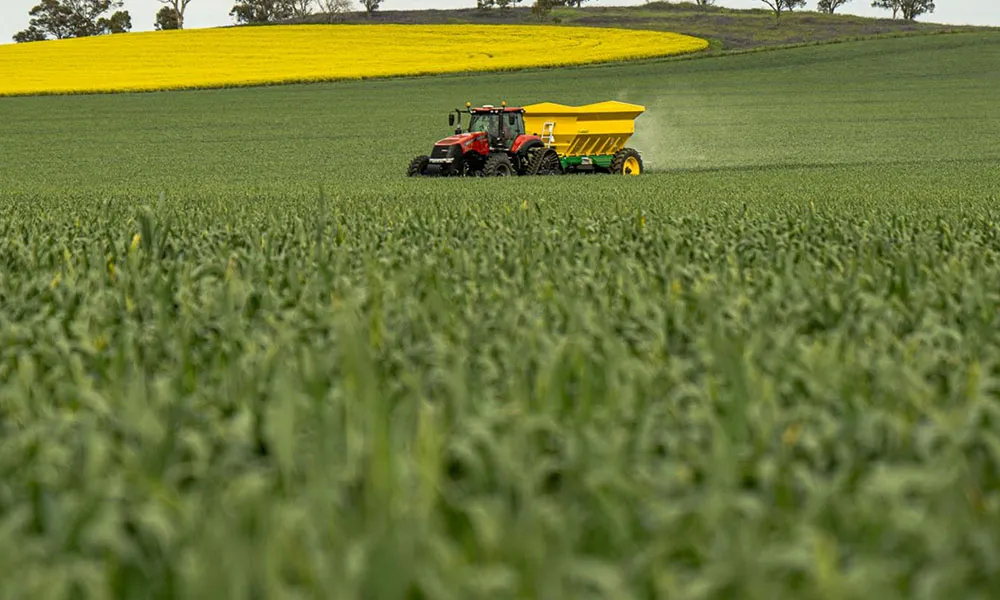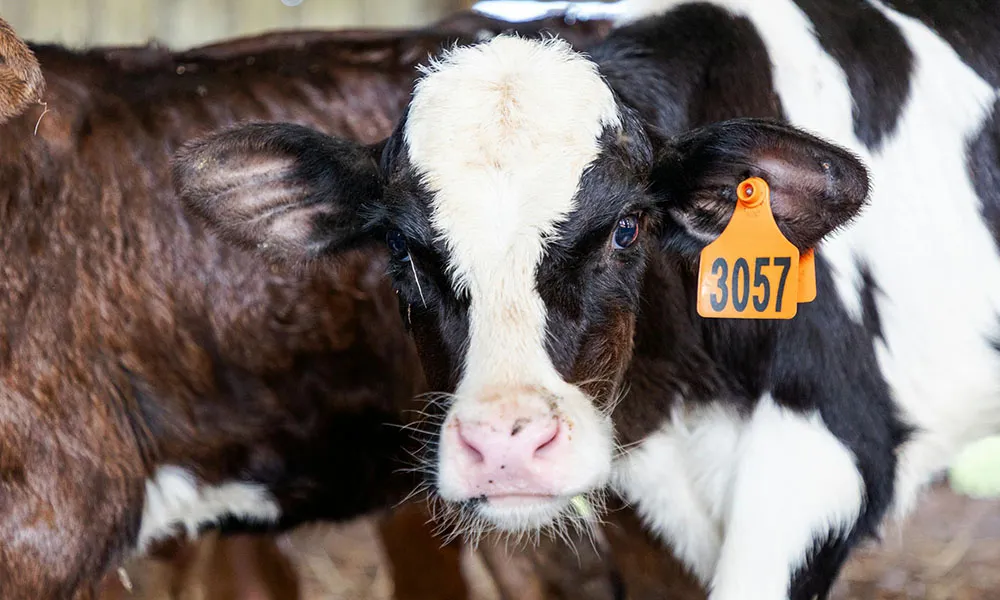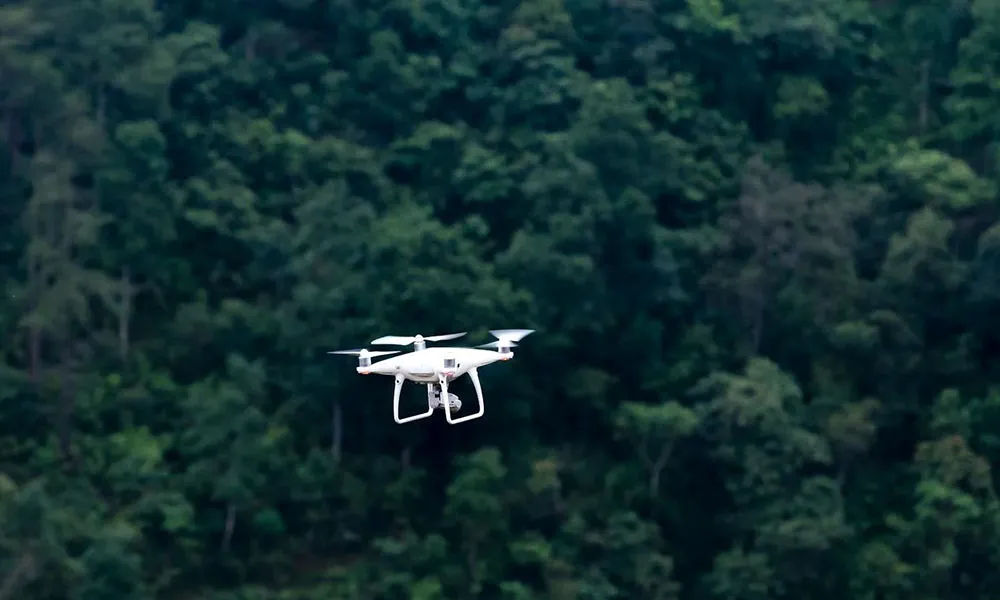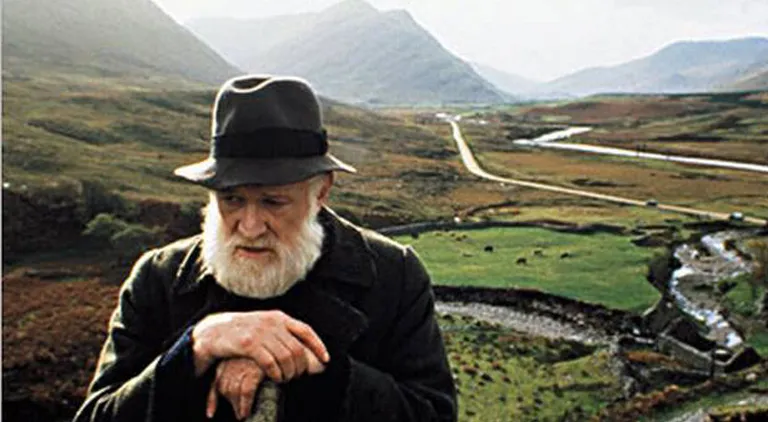
The announcement of the 100 million beef fund just before the election was a huge relief for most beef farmers. It seemed that, finally, there was a brief ray of hope to cut through the cloud of depression that has been hanging over the industry. Unfortunately it was to be short lived. No sooner had voting finished than we got the old “oh by the way...” that seems to come with everything the government tells us.
It was announced that to be entitled to the Beef fund we would have to reduce our beef herd. But I have to ask the question, why? The national suckler herd is already in decline due to the downward market. The fund, we were led to believe, was to protect the sector. The few bob from this fund isn’t going to make it suddenly start to expand again. In fact it is unlikely to even halt the current downward trend. So why put stipulations of reducing herd numbers? Why is it only Irish beef?
Why are funds that are supposed to be aimed at protecting the small family farm in the west instead going towards further shrinking it? It doesn’t seem to make sense to offer money to save something in decline while simultaneously stating that it needs to decline.
So let’s step back and take a look from the outside.
Why reduce Sucklers with Beef Fund?
Firstly you need to consider that suckler farmers could all become dairy or dairy calf finishers as the dairy herd expands without any negative affect being felt in the tax office. In fact as dairy is more profitable they would probably just increase revenue. It would allow the government to allow the laying hen that is dairy industry to keep expanding without increasing emissions to the degree currently expected. The government don’t know or care what standard the beef we produce is as long as it’s saleable and taxable. Tradition and family farms mean little to nothing to them. Therefore crying to the government on that basis is futile.
Many, mostly in the media, are claiming that the stipulations are due to the so called “green wave”. They would have us believe that reductions in the suckler herd are about meeting environmental requirements. The people want it and suckler farming is worse for the environment than dairying. However this doesn’t stand to real scrutiny.
Dairy farming produces more produce from the same animals, meaning the carbon cycle of the animal is divided. This leaves it with a better gross cycle output. However that is to take a very narrow view. It avoids the fact that although dairying may produce more it is using more intensive inputs. Stocking rates are much higher on average. They use more imported meal, fertiliser and general energy to produce it. They are also more likely to have reseeded grass which has been proven to take 10 years to sequester the energy taken to seed it.
Most suckler farms have grazing leys that are over 10 years old, usually a lot older. Suckler farmers also use less energy and have animals that can be finished easier on just grass. As most sucker farms are in the west of the country they are also more likely to be farming more marginal wetlands that offer a better option for sequestering carbon. In fact many suckler farmers consider themselves part of the “green wave” because they see that they can be part of the solution. In comparison to beef produced in other countries, our predominately grass fed product is a lot greener. However the path the government is laying for us is clearly aimed at the scenario of changing our suckler tradition to dairy reared beef. This will ultimately end with only a few large farms.
Larger dairy farms feeding calves to feedlot type finishers. This type of farming has already been proven not to work in other countries. If we keep on this path of expanding dairy, we will soon end in the same scenario as Netherlands and New Zealand who are being forced to cull the dairy herd. This is not an environmentally friendly or very advanced way forward. Removing the suckler herd will buy us a bit of time but it won’t be long until the dairy herd will be forced to follow. You can think of it as being like the construction bust. A short sighted Irish farming industry putting all its hopes in one basket resulting in growth for a period before the bubble bursts. Either the price of milk will crash or the carbon emissions will become too great and it will be forced to contract numbers again.
Why is beef in Ireland being targeted?
Brexit is obviously having an effect.
With market uncertainty about how much if any EU beef will now be entering the UK, the EU will be wary of excess beef in the EU market. As Ireland is the biggest exporter of beef to the UK in Europe we pose the biggest problem to the EU market if Brexit goes ahead. The 151469 tonne of beef we exported to the UK in 2018 could have a huge affect on the EU market if it had to suddenly head that direction instead. When you consider the live exports on top of this we pose serious problems to European beef market.
Hence the Beef Fund aimed at reducing the amount of beef we are producing. However it would seem pointless if the government is going to continue to push dairy expansion at the current rate. Any reduction in the suckler herd would have to be huge to offset the increasing number of calves coming from the dairy sector. So if it is really due to a fear for the European market as a result of Brexit then a similar fund would need to be put in place to stop the dairy expansion.
It appears that either the people with the power are ignorant of the real problem or simply want to slowly remove suckler farmers from the equation to allow for such an expansion. This would seem to be the case. Especially when you look at the cloud hanging over European beef; the Mercosur Trade deal.
The EU may be looking at trading reductions in our beef production, which has such a bad reputation, in place of eco car sales which they are promoting as the saviour of our environment. Again a very short sighted decision. Not only could it lead to more clearing in the depleting Amazon rainforest, it would also exchange our less intensive beef for highly intensive feedlot beef. This would be environmentally regressive. Yet they would have us believe the environment is what they are currently fighting for.
Trading Chips?
With all this manipulation of farmers from government and EU Level, we as farmers have to start asking who are we farming for? Are we merely trading chips to be bartered with at government and EU levels?
Farming used to be a livelihood, a way of life.
My grandfather’s generation firstly fed the household from the farm and sold any surplus to earn enough for any extras they needed. They were never rich or had any sun holidays but they got along. Every weanling sold would give enough to buy a Stanley cooker, and a week’s shopping with change left over. Four or five weanlings sold might just about buy a refurbished Stanley cooker these days. Where a few weanlings sold would buy a new tractor in those days, a farmer could sell their whole herd and still have to sell a few fields to afford a new tractor today. Likewise that generation and older didn’t purchase large quantities of fertiliser. They used manures from the farm and lime they dug and burned themselves in homemade kilns. They topped weeds and rotated sheep and cattle to eat them bare. Any money they made was for themselves not big companies. They saw the fruits of their labour and knew why they were farming.
Nowadays it’s a lot less clear. The public don’t know or appreciate what farmers do. We are painted as the enemy. While facing this animosity we are also taking huge reductions in farm incomes. At least while bankers are hated they at least get very well paid and don’t even have to run the risk of fines!
In comparison a huge portion of Suckler farms are deemed unviable. Most of those that meet “viable” requirements only do so because of an off farm income. Farm debts are increasing yearly particularly on expanding dairy farms, leading to increased stress levels on farms. If that wasn’t enough we are the ones facing the biggest consequences of climate change, with flooding and droughts decimating any chance of guaranteed income! It’s little wonder that we’re finding it hard to get young people interested in taking it on as a career. While most jobs offer some sort of security, a pension or a chance of saving for the future, farming is always changing. You might have a holiday planned but suddenly a wet or dry spell comes, cattle have to be put in and the holiday money has to instead go to feed costs. This is a scenario I heard of this time last year during the drought. This year I’ve heard of animals being returned to sheds because it was too wet. Even on an average year the price of fertiliser can increase almost overnight and suddenly your savings have to be eaten into to cover the difference.
The price of cattle can likewise drop in a flash leaving your savings open for plundering to bridge the gap. Any other business would close their doors if dealing with such fluctuations. Or if costs rise then they could at least raise prices to cover themselves. The big Agribusinesses and the factories certainly wouldn’t keep making loses while farmers where making huge profits off their backs. Farmers however are expected to face rising costs and declining prices all while investing in infrastructure and the environment. All while factories and chemical companies declare bigger and bigger profits. We face taxes and fines for over use of fertilisers but the companies making it can make and sell as much as they like without any consequences!
So who are we Farming for?
Changes have to be made. Michael Martin may be unashamedly jumping on a bandwagon in the hopes of being mistaken for a green policy party, but he has a point when he says we need to find alternatives for our farms. We will have to diversify to be able to continue. Farming anything in monoculture is no longer viable. Dairying may hobble on for a while longer but it’s only a matter of time before rising costs of fertilisers, reseeding and herbicides outstrip the price of milk. Particularly when you consider that the expanding herd is ultimately leading to oversupply.
What we’ve forgotten is that in my Grandfathers time is that they did not just farm cows alone. They had sheep and cows, horses and donkeys, chickens, ducks and pigs all running on their small holdings. More importantly they all grew some vegetables even if it was for their own use and every farm would grow a few acres of oats or some other grain for the house and as fodder. This not only helped keep the soil fertile without expensive fertilisers but also meant that they were never solely reliant on one enterprise. They could feed themselves at least, even if all markets crashed. This is something we are going to have to return to.
For too long we have allowed government and Agri businesses dictate what and how we farm. If farmers change to a more diverse production model en-masse then we could force change throughout the system. We would not be so reliant on what one company is willing to offer for our produce from year to year.
However farmers should be allowed to do it on their own terms and should not be dictated to by government. Forcing older farmers to change, to reduce their herds with the Beef Fund bribery, is effectively running them from their land. They are not as open to and often don’t have the ability to change. Many will likely decide to sell up. In the west where most suckler farmers are located, the end result will be that vulture and hedge funds and forestry will take over. Some may choose to plant themselves. This will ultimately lead to even more depopulation of rural areas. This is not what farmers want, because the answer of who are we farming for, is ultimately ourselves, Because we love where we come from.
Most farmers continue farming because of tradition and a love of the land and animals. They are not farming for money. They are certainly not farming to keep fertiliser companies, factories and banks going. We do what we do because we have a sense of pride in the work we do. It’s time we realise this. In so doing we might just be able to shift our outlook to one that can give us back some control of our produce and farms. If we return to farming for ourselves and our communities first and foremost perhaps government will realise how important our family farms are to society as a whole.






